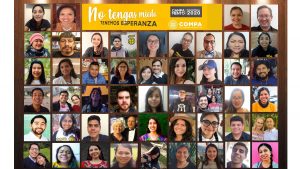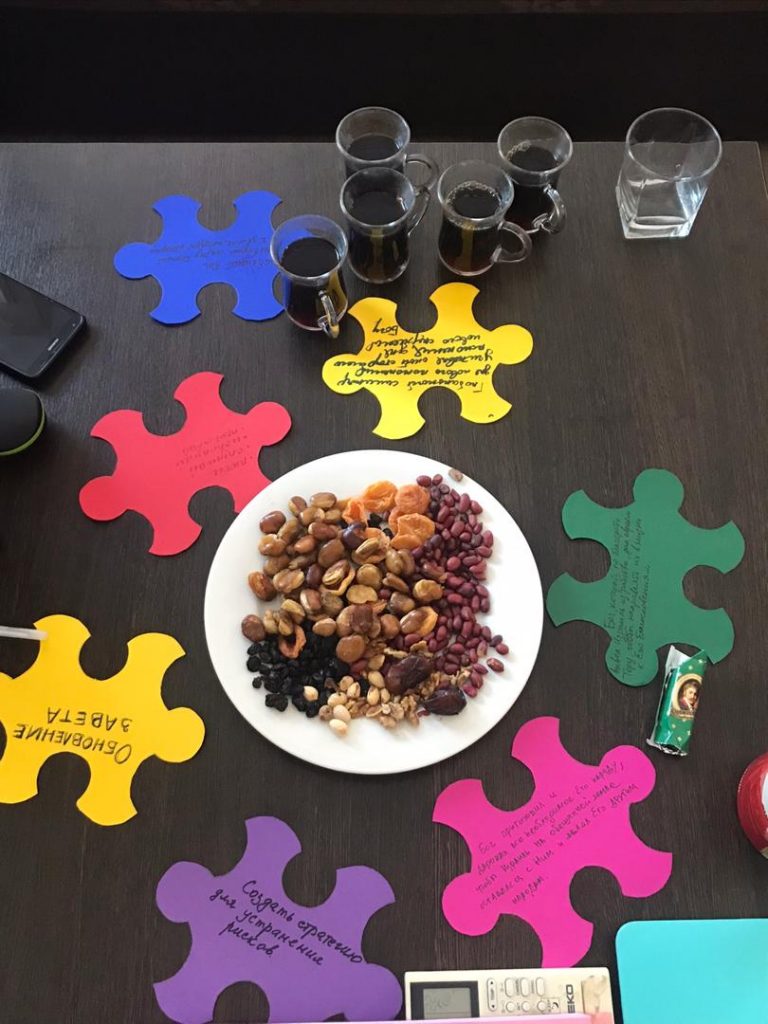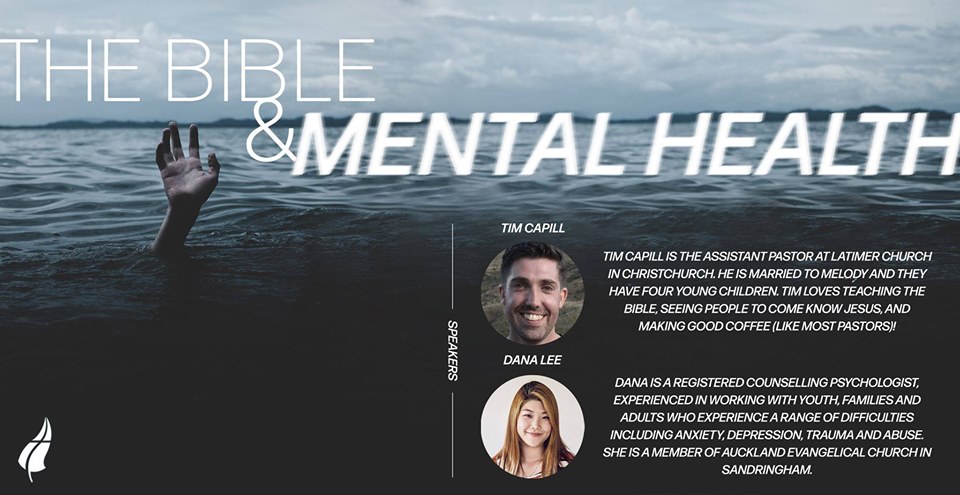*Names changed due to sensitive location.

Nina is a remarkable woman. She is a single mother working several jobs to provide for her family. She is a university professor and a private language teacher for both local children and foreigners who need to learn a local language. Even with such a schedule she has time to think and to dream about what life could be like.
Nina comes from a minority ethnic group in a majority Muslim country in Asia. This ethnic group has very few believers… and she is not yet following Christ herself. But hearing her story it is clear that the God of all creation has been pursuing her…
From South American ‘m-workers’ who befriended her and helped her through some tough times, to the chance invitation to work in a private school founded by Christians — and then the many friendships she has formed, the conversations about faith and the way she experienced a different working atmosphere when surrounded by believers in J.
Mary, an older student and mature believer, prayed often for her, watching and waiting for the opportunities to share the Word with her. Mary’s patience did not mean inaction but active prayer. During this time of waiting and praying, friendship and trust grew. Nina began to tell Mary about her family and her history, starting to share her hopes and dreams. When Nina had a bereavement in her family she talked to Mary about death, which gave an opportunity to share a verse from the Holy Scriptures. But Mary’s great desire was to read from the Bible together with Nina, so that Nina could hear about and meet with God in His Word…
After a while, Nina herself asked Mary if they could read the Bible together. Nina invited Mary, not the other way around — and this started a pattern of meeting outside of lessons and reading the Scriptures together.
Mary led Nina through the Bible, starting at the beginning…and taking her through the big story of Scripture, introducing her to God in these stories and seeing His interactions with people. They traced God’s grace through the Bible and led up to the gospel story.
Mary asked Nina to find the passages, read them aloud and then summarise what they had read together. This way she learnt for herself the big story of God’s love and purpose.
During part of the coronavirus pandemic, they were even connecting every day and reading the gospel together. Nina learned to pray and to read with this good Christian friend. And even though the Bible, she would say, is not yet ‘her’ book, Nina shared these stories that she was hearing and learning with her friends because she was so moved by what she was reading and so convinced that these stories would be of help to her friends…










 “The Word Among Us” is a very valuable resource that we have used as part of our training for new student leaders in Jalisco. This booklet has helped students to have stronger convictions regarding Scripture and to love the Bible more. It has also encouraged and challenged them to live out their faith according to Scripture, and it has encouraged them to trust in the power and impact of God’s Word.
“The Word Among Us” is a very valuable resource that we have used as part of our training for new student leaders in Jalisco. This booklet has helped students to have stronger convictions regarding Scripture and to love the Bible more. It has also encouraged and challenged them to live out their faith according to Scripture, and it has encouraged them to trust in the power and impact of God’s Word.